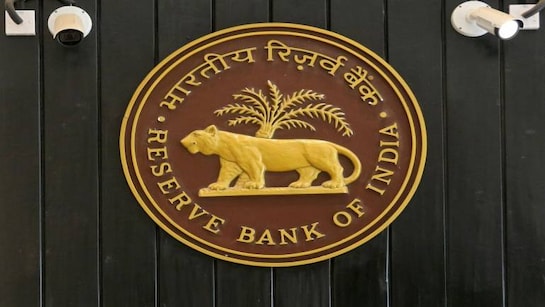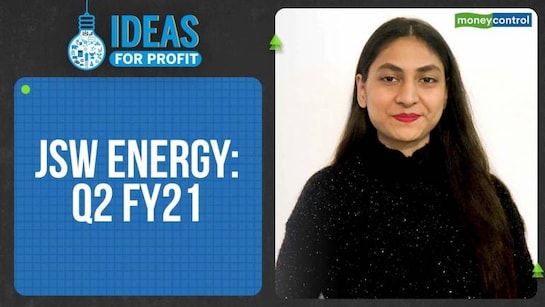UN Warns 2021 Shaping Up To Be A Humanitarian Catastrophe
The pandemic, measures taken by countries to try to stop its spread and the economic impact have fueled a 40 percent increase in the number of people needing humanitarian help, the United Nations said earlier this week.
Reuters
Dec 4, 2020 / 10:50 PM IST
Next year is shaping up to be a humanitarian catastrophe and rich countries must not trample poor countries in a "stampede for vaccines" to combat the coronavirus pandemic, top UN officials told the 193-member UN General Assembly on Friday.
World Food Programme (WFP) chief David Beasley and World Health Organization (WHO) head Tedros Adhanom Ghebreyesus spoke during a special meeting on COVID-19, which emerged in China late last year and has so far infected 65 million globally.
The pandemic, measures taken by countries to try to stop its spread and the economic impact have fueled a 40 percent increase in the number of people needing humanitarian help, the United Nations said earlier this week. It has appealed for $35 billion in aid funding.
"2021 is literally going to be catastrophic based on what we're seeing at this stage of the game," said Beasley, adding that for a dozen countries, famine is "knocking on the door."
He said 2021 was likely to be "the worst humanitarian crisis year since the beginning of the United Nations" 75 years ago and "we're not going to be able to fund everything ... so we have to prioritize, as I say, the icebergs in front of the Titanic."
UN Secretary-General Antonio Guterres and his top officials have also called for COVID-19 vaccines to be made available to all and for rich countries to help developing countries combat and recover from the pandemic.
Tedros appealed for an immediate injection of $4.3 billion into a world vaccine-sharing program.
"We simply cannot accept a world in which the poor and marginalized are trampled by the rich and powerful in the stampede for vaccines," Tedros told the General Assembly. "This is a global crisis and the solutions must be shared equitably as global public goods."
Follow our full coverage of the coronavirus pandemic here.












_2020091018165303jzv.jpg)



























